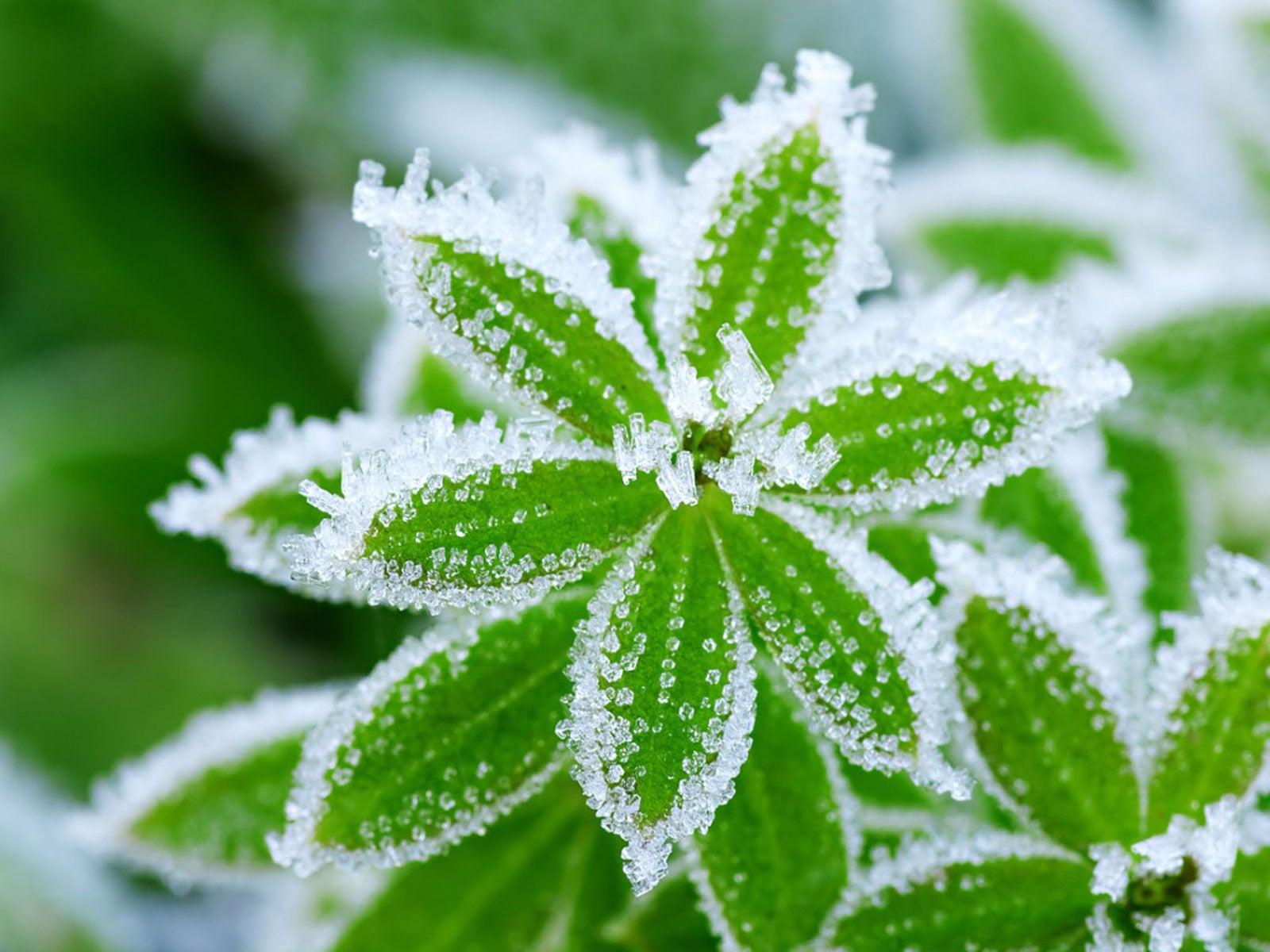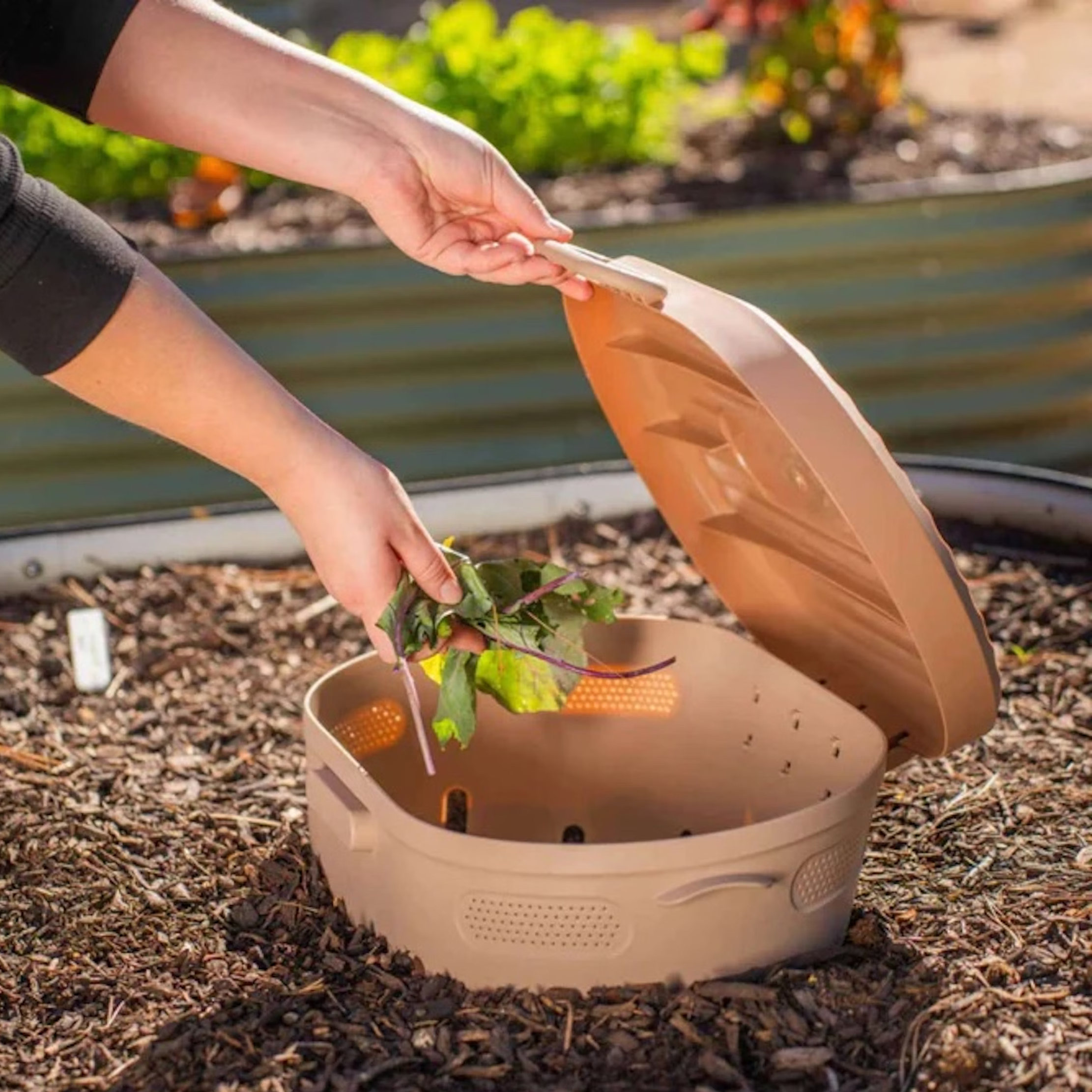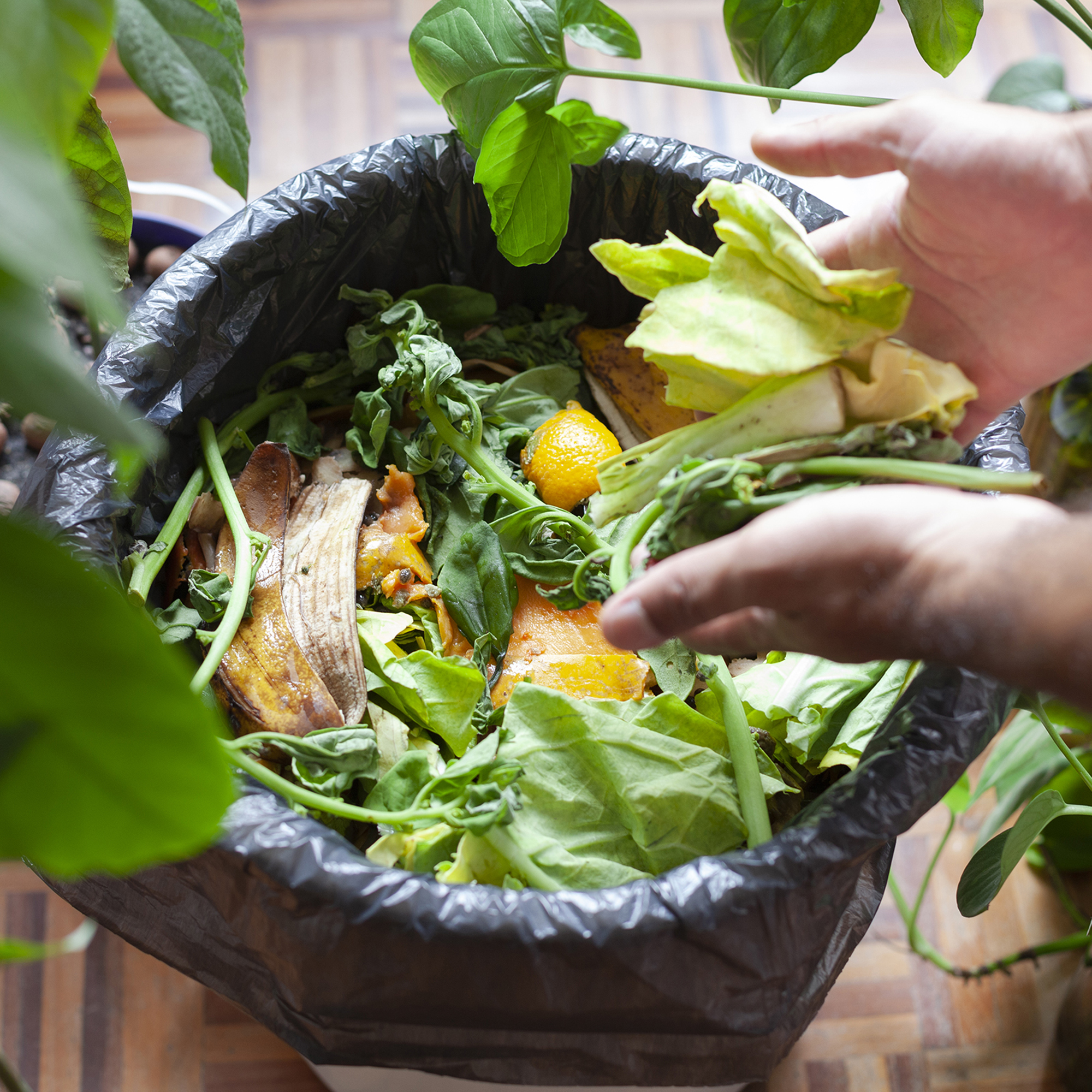Freeze Damage To Plants - Information On How To Treat Frozen Plants


Preparing the garden for winter is a chore that most individuals attack with vigor in fall. The activities involve more than simply clean up and winterizing the home and outbuildings. A crucial part of winterizing is to protect half-hardy and sub-tropical plants. Summer is a good time to indulge in fantasy plants that would normally have no place in your climate, but they need protection to survive cold temperatures that might kill them. Occasionally, you miss a few or the weather is extreme and you end up with freeze-damaged plants. You can't always save these damaged individuals but there are some methods on how to treat frozen plants. Can you save a plant that has been frozen? The process works on some but the approach is on a case-by-case basis. You have nothing to lose by treating freeze damage to plants, and you might be surprised with the renewal of one of your garden favorites.
What is Freeze Damage?
What is freeze damage? The effects present themselves differently depending on how exposed the plant was and what variety it is. Sometimes it is just a matter of foliage damage with cold burned leaf tips and discoloration. In other cases, freeze damage to plants appears all the way into the roots or crown structure. This is the hardest type from which to recover. The problems occur when cells inside the plant parts freeze, which causes a cellular shift resulting in a permanent change to the tissue of the plant. Part of the plants' defense is to move water from cells to protect them from frozen crystals inside the tiny membranes that explosively rip the cell's make up. This response also prevents the plant from in-taking moisture, so some freeze damage appears as if the plant has been too long without water.
How to Treat Frozen Plants
Can you save a plant that has been frozen? This really depends on the type of plant and the duration of cold it endured. Light freezes on all but the most tropical plants are usually something a plant can recover from. Cut out damaged plant material in spring on woody plants. You can tell what stems are dead by scratching the bark in late winter. If the material is green underneath, the tissue is still alive. They will lose their leaves due to the freeze experience, but will usually leaf out again in spring. Keep the plants moist and apply a light fertilizer after all danger of frost has passed. More tender plants will end up like annuals and will not withstand the freeze damage. Occasionally, freeze-damaged perennials will have just some damage to the root and you can divide the plant and install the pieces in the ground. The ones that come back up did not get a killing blow from cold in the root area.
Succulent Freeze Damaged Plants
Succulents and cacti have different tissue than woody or most perennial types. The thick pads and leaves store a great deal of water, as do the bodies and stems. Freezing causes massive cellular damage both inside and outside of the plant. However, many of these plants are remarkably hardy. Don't cut off the foliage or stems on damaged succulents. Instead, watch them for a period of weeks. Pull gently on interior leaves to see if the core is damaged on plants like aloe and agave. If interior leaves pull out easily and are mushy and black at the base, the plant has succumbed and should be removed. If you see signs of new leaves and growth, the plant is salvageable.
Gardening tips, videos, info and more delivered right to your inbox!
Sign up for the Gardening Know How newsletter today and receive a free copy of our e-book "How to Grow Delicious Tomatoes".

Bonnie Grant is a professional landscaper with a Certification in Urban Gardening. She has been gardening and writing for 15 years. A former professional chef, she has a passion for edible landscaping.
-
 Try The Trend – Turn Any Bed Into A Keyhole Garden With This Clever In-Ground Composter
Try The Trend – Turn Any Bed Into A Keyhole Garden With This Clever In-Ground ComposterKeyhole gardening is an efficient and sustainable practice that saves space. Get started on this DIY project quickly and easily with an in-ground composter.
By Bonnie L. Grant
-
 4 Superfast Composting Methods: Turn Waste Into Garden Gold In 30 Days Or Less
4 Superfast Composting Methods: Turn Waste Into Garden Gold In 30 Days Or LessTry the fastest composting methods to turbocharge your pile and transform kitchen scraps and garden waste into finished compost in just a few weeks.
By Mary Ellen Ellis